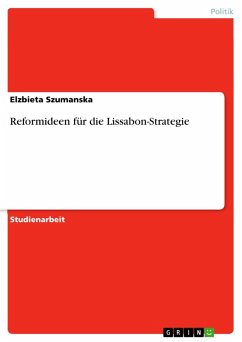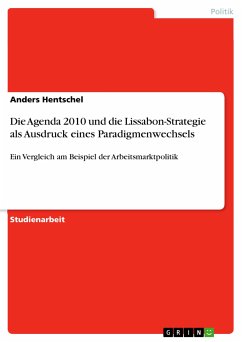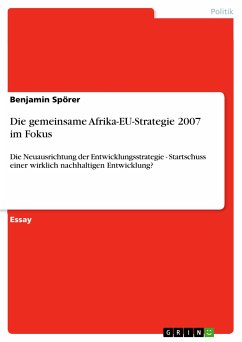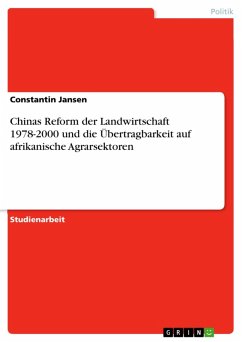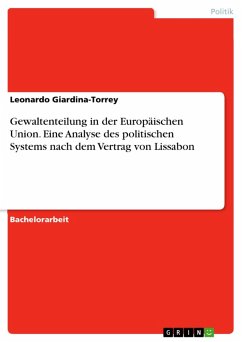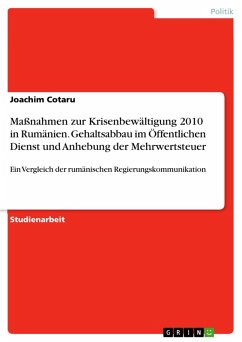Studienarbeit aus dem Jahr 2008 im Fachbereich Politik - Thema: Europäische Union, Note: 1,7, Europa-Universität Viadrina Frankfurt (Oder), Veranstaltung: Europäische Industriepolitik, Sprache: Deutsch, Abstract: The Lisbon Strategy is a development plan for the European Union in order to make it "the most dynamic and competitive knowledge-based economy in the world, capable of sustainable economic growth with more and better jobs and greater social cohesion, and respect for the environment by 2010" (euractiv.com). It was set out [elaborated] by the European Council in Lisbon in March 2000. Between April and November 2004, Wim Kok prepared a review of the strategy and presented a report suggesting how to give new impulsions to the process due to the fact that the Lisbon Agenda hasn't brought the expected results on time. The main conclusion of his report was that the Lisbon Strategy should not be seen just in social and environmental terms but come back to the economic dimensions in order to reach its objections. Even though there are still some weak points in this proposal, it has been judged quiet positive. Hence, the aim of this paper is to assess whether the reforms of the Lisbon Strategy will be an effective tool for reviving economic growth within the European Union or not.
Dieser Download kann aus rechtlichen Gründen nur mit Rechnungsadresse in A, B, BG, CY, CZ, D, DK, EW, E, FIN, F, GR, HR, H, IRL, I, LT, L, LR, M, NL, PL, P, R, S, SLO, SK ausgeliefert werden.

